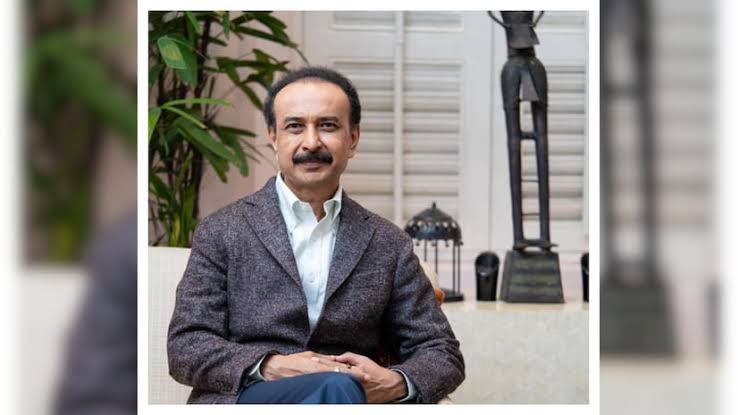NEW DELHI: Asserting that there is “limitless headroom for entrepreneurs”, Prashanth Prakash, partner at Accel says the venture capital firm will use its recently announced USD 650 million fund over the next two-three years to back start-ups focused on AI and tech-led industrialisation.
The company is eyeing 20-25 start-up investments this year as it mounts an aggressive push to tap into India’s growing innovation landscape.
“If you’re a start-up entrepreneur, there’s no better time to begin. The number of sectors that start-ups are impacting is also 10-fold…it is more multi-dimensional and multi-sectoral,” Prakash told PTI in an interview.
“There are a lot of opportunities for founders who have the capability to imagine and envision what products India and the world need. There is limitless headroom for entrepreneurs,” he said.
While US tariff impact remains uncertain, India does have a strong potential to position itself as a global hub for IP-led innovation and high-value manufacturing, particularly in sectors like defence, EVs, aerospace and energy, Prakash noted.
It can do so by building on the strength of its vast pool of talent, start-up agility, and growing ability to plug into global supply chains through innovation and strategic collaborations, he added.
According to the entrepreneur, philanthropist and venture capitalist, who was among the Padma Shri awardees announced earlier this year, Indian start-ups have matured post-Covid and are striking a stronger balance between growth and profitability.
Prakash said he is upbeat about the potential of startups, particularly in AI, tech-led industrialisation as well as Indian ventures driving smart innovation in areas such as sustainability, EVs, aerospace and space tech.
He said there is a strong early-stage investment activity, with plenty of available capital, including funding from Indian family offices — entities that manage the investments of high networth families — that are now viewing start-ups as a lucrative asset class. Overall, the ecosystem has matured into a more stable, healthier environment with better alignment between founders and investors.
“We have come to a very nice sweet spot in the ecosystem where entrepreneurs understand how and what to build and investors also know what they are looking for, and there’s enough of a matchmaking that is happening in terms of this opportunity,” Prakash said.
Entrepreneurs as well as investors have identified the right module for India and the right type of start-up that can be built for India.
“We recently closed a USD 650 million fund. And we are very actively deploying the fund… we typically do 15-25 investments a year, and our expectation is that we will do 20-25 investments this year in the three areas of AI, tech-led industrialisation, and ‘Bharat’ (start-ups catering to the top 30 per cent of households in India’s tier 2 plus regions),” he said.
Prakash is bullish on this industrialisation potential, and on start-ups playing a key role in areas of sustainable products, products for EV, products for aerospace, space tech and defence.
In the last two years alone, Accel has invested in over 27 AI start-ups in India or founded by Indian-origin entrepreneurs.
In recent years, it has launched some key initiatives to make a founder’s journey as frictionless as possible and fuel the ecosystem’s growth.
The firm’s open-source content and community platform, SeedToScale, democratises company-building knowledge with actionable insights from successful founders, operators and industry leaders. Its early-stage scaling programme, Accel Atoms – now in its fourth iteration – has supported 36 start-ups to date that have collectively raised over USD 200 million. PTI







